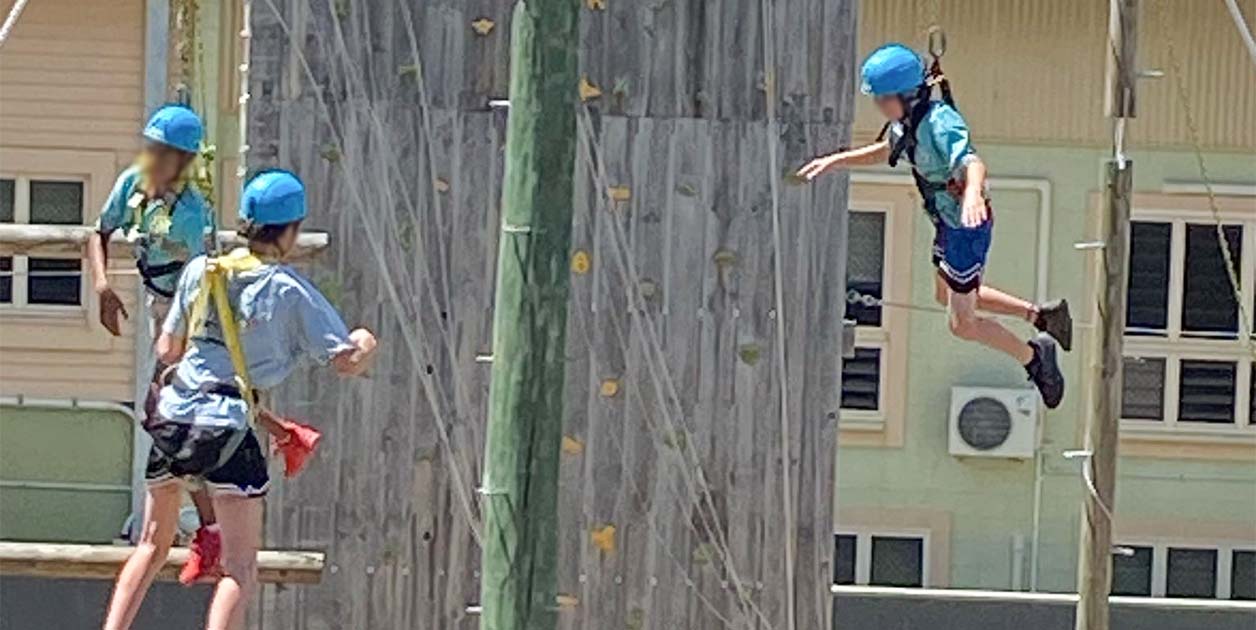
Leadership Skills for Young People
Leadership is an essential skill that empowers young people to take charge of their lives, inspire
others, and contribute meaningfully to their communities. In today’s dynamic world, developing
leadership abilities at an early age prepares young individuals for both personal and professional
success. Leadership is not solely about holding a position of authority—it’s about taking initiative,
acting responsibly, and motivating others towards a shared goal.
This article explores the key leadership skills young people should develop, how they can cultivate
these abilities, and the benefits leadership brings to various aspects of life.
1. Understanding Leadership
Leadership isn’t limited to specific roles or titles—it’s a mindset. It involves decision-making, guiding
others, and taking ownership of outcomes. Effective leaders demonstrate qualities such as
communication, problem-solving, collaboration, and adaptability.
Young people who develop leadership skills become proactive citizens, better equipped to face
challenges with confidence.
While some may view leadership as an innate trait, it is, in fact, a learnable skill. With the right
mindset and experiences, anyone can become a leader.
2. Essential Leadership Skills for Young People
2.1 Communication Skills
Effective communication is the cornerstone of leadership. Young leaders must learn to express their
ideas clearly, listen actively, and engage in meaningful conversations. Strong communication helps
with:
- Building relationships: Establishing trust and rapport with peers and mentors.
- Resolving conflicts: Navigating disagreements with maturity and diplomacy.
- Inspiring others: Motivating through positive language and actions.
2.2 Decision-Making and Problem-Solving
Leaders often need to make informed choices and navigate complex situations. Young people can
build these skills by:
- Analysing situations logically
- Considering multiple perspectives
- Weighing pros and cons
- Learning from past experiences
2.3 Confidence and Self-Belief
Confidence allows young people to take initiative and lead with conviction. It can be developed
through:
- Setting and achieving small goals
- Practising public speaking
- Stepping out of comfort zones
- Seeking feedback and refining skills
2.4 Teamwork and Collaboration
Leadership involves bringing people together. Young leaders should:
- Respect diverse perspectives
- Delegate tasks thoughtfully
- Support and encourage teammates
- Create a positive, inclusive environment
2.5 Adaptability and Resilience
Change is constant, and effective leaders must remain flexible and composed under pressure. Young
people can build resilience by:
- Embracing challenges as learning opportunities
- Responding to setbacks with a solution-focused approach
- Staying motivated and optimistic
- Cultivating a growth mindset
2.6 Emotional Intelligence (EQ)
Understanding emotions—both their own and others’—helps leaders form strong relationships and
make thoughtful decisions. This includes:
- Self-awareness: Recognising emotional triggers and managing reactions
- Empathy: Understanding and valuing others’ experiences
- Interpersonal skills: Fostering collaboration and connection
3. How Young People Can Develop Leadership Skills
3.1 Take on Responsibilities
Whether at home, school, or in the community, stepping into roles of responsibility is a powerful
way to build leadership skills. Examples include leading projects, volunteering, or planning events.
3.2 Participate in Extracurricular Activities
Joining clubs, sports teams, or student councils teaches accountability, teamwork, and decision-
making in real-world settings.
3.3 Seek Mentorship and Guidance
Having a mentor can accelerate leadership development. Mentors offer encouragement, share
wisdom, and help young leaders navigate challenges.
3.4 Read and Learn from Leaders
Reading leadership books and biographies or attending leadership workshops can provide insight
and inspiration from those who have led successfully.
3.5 Practise Public Speaking
Public speaking builds confidence and clarity. Participating in debates, presentations, or speaking
opportunities can refine communication skills.
3.6 Develop a Growth Mindset
A growth mindset encourages young leaders to view failure as a stepping stone. It promotes
curiosity, resilience, and continuous improvement.
3.7 Engage in Community Service
Serving others teaches empathy and responsibility. It also gives young people a deeper
understanding of social issues and how they can make a difference.
4. The Benefits of Leadership Skills for Young People
4.1 Personal Growth
Leadership fosters self-belief, resilience, and decision-making abilities—qualities that enhance one’s
outlook on life and future ambitions.
4.2 Academic and Career Advantages
Leadership experience translates to improved performance and stronger CVs. Employers value
problem-solving, communication, and collaboration—skills cultivated through leadership.
4.3 Positive Impact on Others
Leaders inspire change. By guiding peers, promoting inclusivity, or leading community efforts, young
people can make meaningful contributions.
4.4 Enhanced Social Skills
Leadership roles improve interpersonal abilities, helping young individuals navigate social
interactions with ease and confidence.
4.5 Preparing for the Future
Leadership prepares youth to face life’s complexities with resilience and a proactive attitude—skills
crucial in an ever-evolving world.
Final Thoughts
Leadership is not exclusive to a chosen few—it is a skill that can be nurtured and developed. Young
people who invest in building their leadership skills grow more confident, compassionate, and
capable of leading with integrity.
By encouraging initiative, embracing challenges, and learning from experience, today’s youth can
become tomorrow’s change-makers. Supporting their leadership journey ensures they are ready to
shape a brighter, more inclusive future.
Let’s empower our young people to lead—not just in titles, but in action, influence, and purpose.



